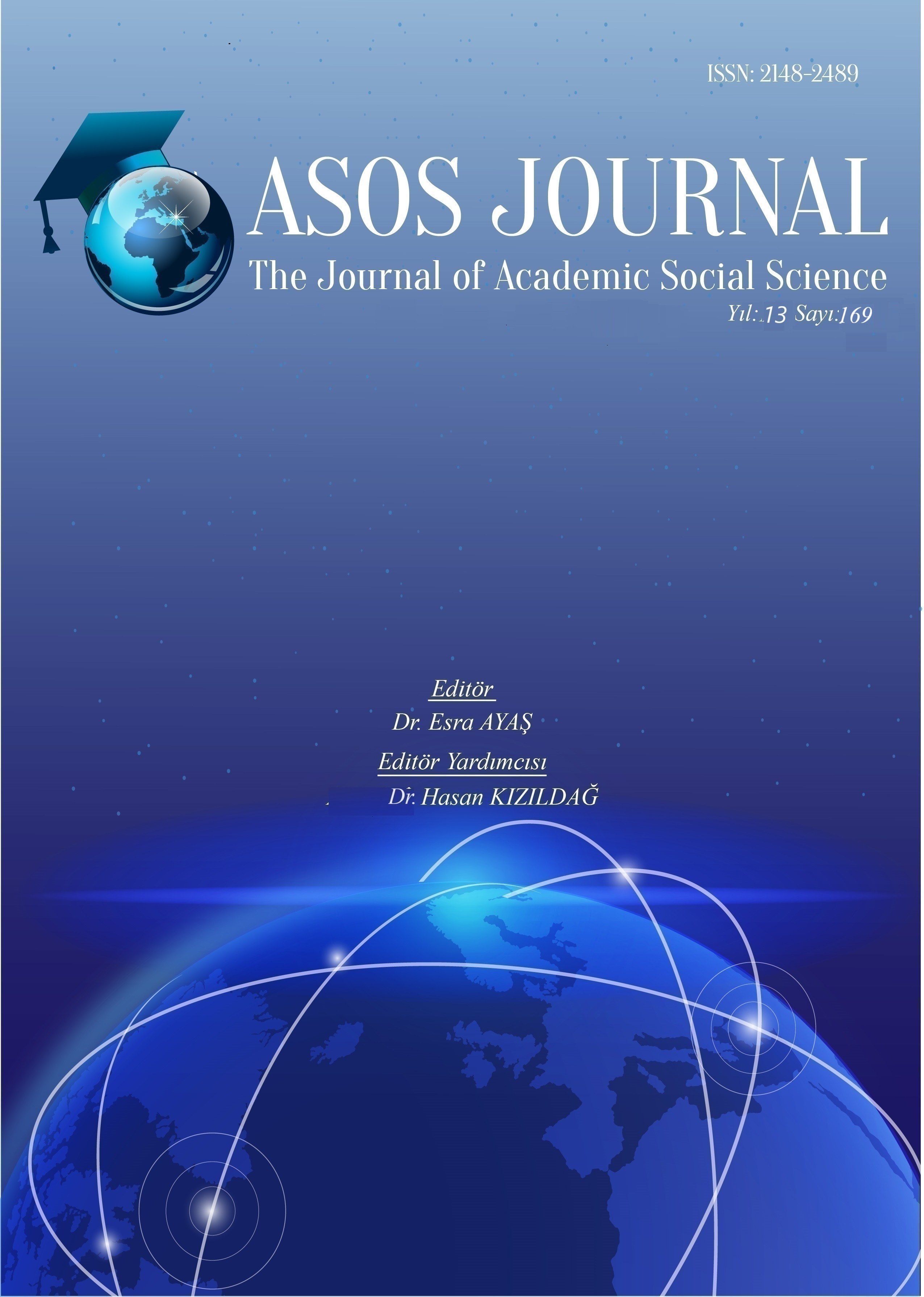HATAY’DA TURİZMİN BÖLGESEL KALKINMAYA KATKISI: AFET SONRASI YENİDEN YAPILANMA SÜRECİ ÜZERİNDEN BİR DEĞERLENDİRME
Author :
Abstract
Bu araştırmanın amacı, turizmin afet sonrası bölgesel kalkınma üzerindeki rolünü ortaya koymak ve bu bağlamda Hatay ili özelinde 2023 Kahramanmaraş merkezli depremler sonrasında uygulanan yeniden yapılanma politikalarının turizm sektörü üzerindeki etkilerini analiz etmektir. Araştırma, nitel araştırma desenlerinden betimsel analiz yöntemiyle gerçekleştirilmiştir. Katılımcı grubu olarak birebir görüşme yapılmamış, bunun yerine Hatay Valiliği, İl Kültür ve Turizm Müdürlüğü, TÜİK, Kültür ve Turizm Bakanlığı, UNWTO gibi kurumsal yapıların yayımladığı raporlar, güncel istatistiksel veriler ve akademik literatür taraması temel alınmıştır. Veri toplama aracı olarak doküman analizi yöntemi kullanılmış, toplanan veriler içerik çözümlemesiyle değerlendirilmiştir. Bulgular, Hatay’da turizm sektörünün hem ekonomik toparlanma hem de sosyal yeniden inşa sürecinde kilit bir rol oynadığını göstermektedir. Özellikle tarihi ve kültürel miras unsurlarının korunarak yeniden turizme kazandırılması, yerel istihdamın teşvik edilmesi ve ulusal/uluslararası yatırım desteklerinin sağlanması, bölgedeki kalkınma sürecini hızlandırıcı etkenler olarak öne çıkmaktadır. Araştırmanın sonucunda, afet sonrası sürdürülebilir turizm planlamasının yalnızca fiziksel yeniden inşa değil, aynı zamanda toplumsal dayanıklılığı da güçlendiren bir unsur olduğu vurgulanmaktadır.
Keywords
Abstract
This study aims to evaluate the role of tourism in regional development, focusing on the post-disaster reconstruction process following the 2023 Kahramanmaraş-centered earthquakes. The province of Hatay has been selected as the case area due to its significant cultural heritage and its strategic position in Türkiye’s tourism sector. A descriptive analysis method was employed within the scope of qualitative research design. Instead of individual participants, official reports and statistical data published by institutions such as the Turkish Statistical Institute (TURKSTAT), the Ministry of Culture and Tourism, and the Hatay Directorate of Culture and Tourism were used as primary data sources. Document analysis was utilized as the data collection technique, and the collected data were evaluated through content analysis. The findings indicate that tourism plays a crucial role in both economic recovery and social revitalization in disaster-affected regions. Specifically, efforts to restore historical and cultural assets, encourage local employment, and attract national and international investments have significantly contributed to Hatay's reconstruction process. The study concludes that sustainable tourism planning is not only essential for physical recovery but also a key factor in strengthening community resilience.





